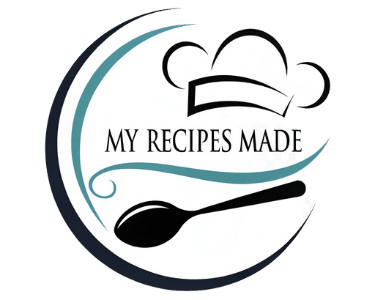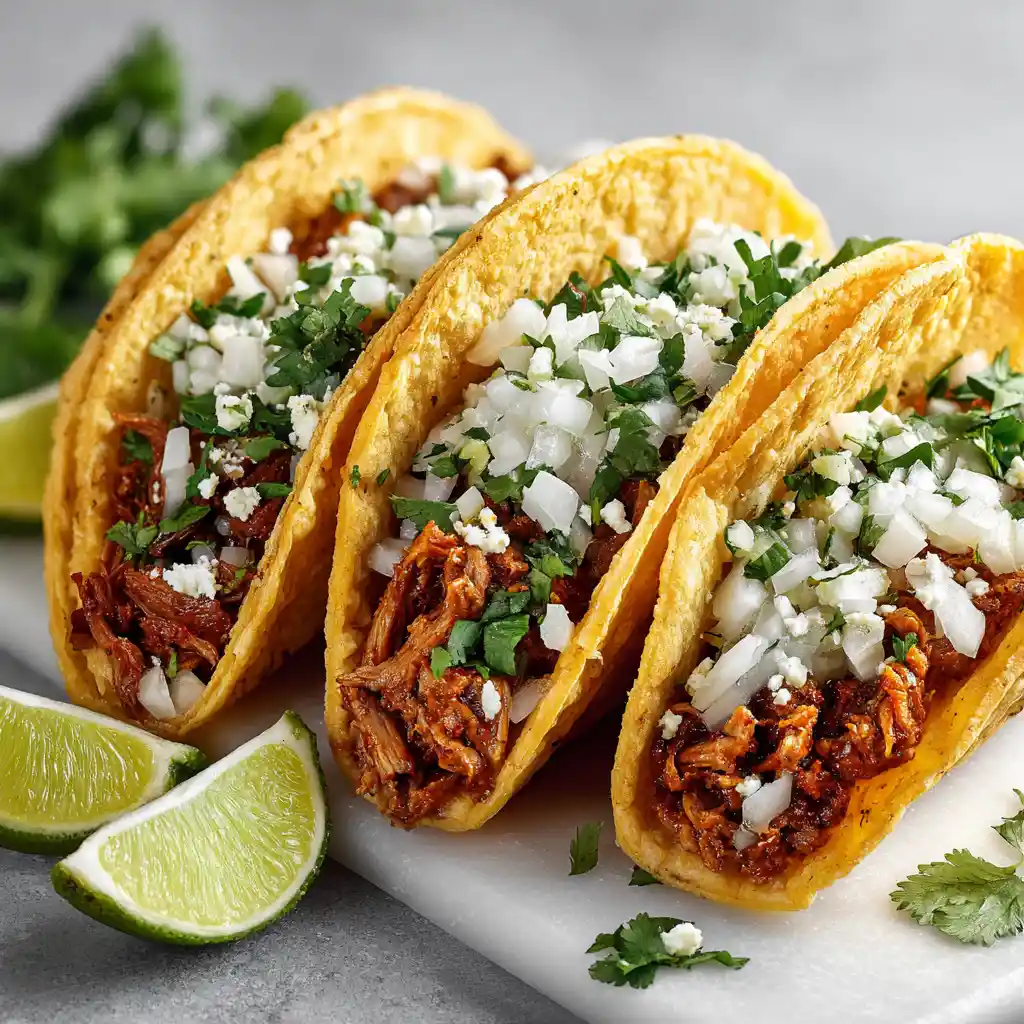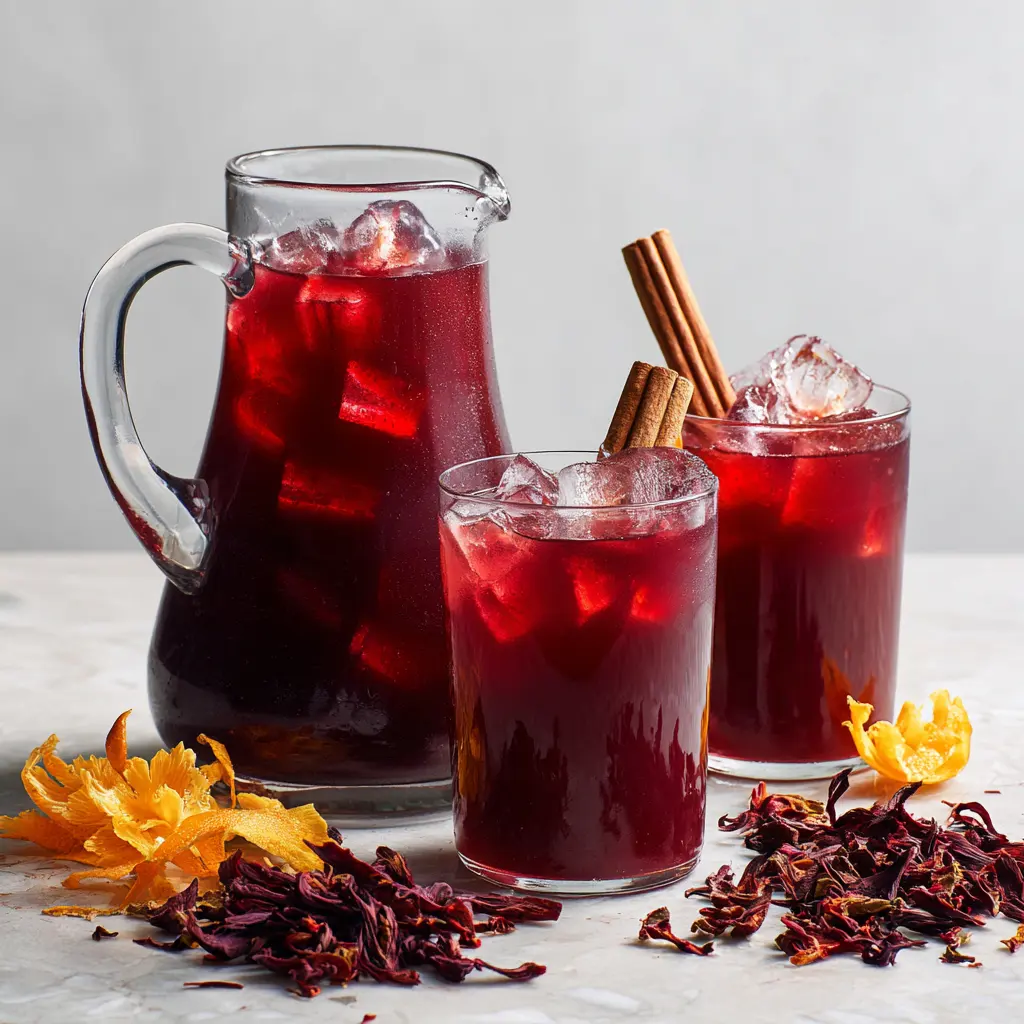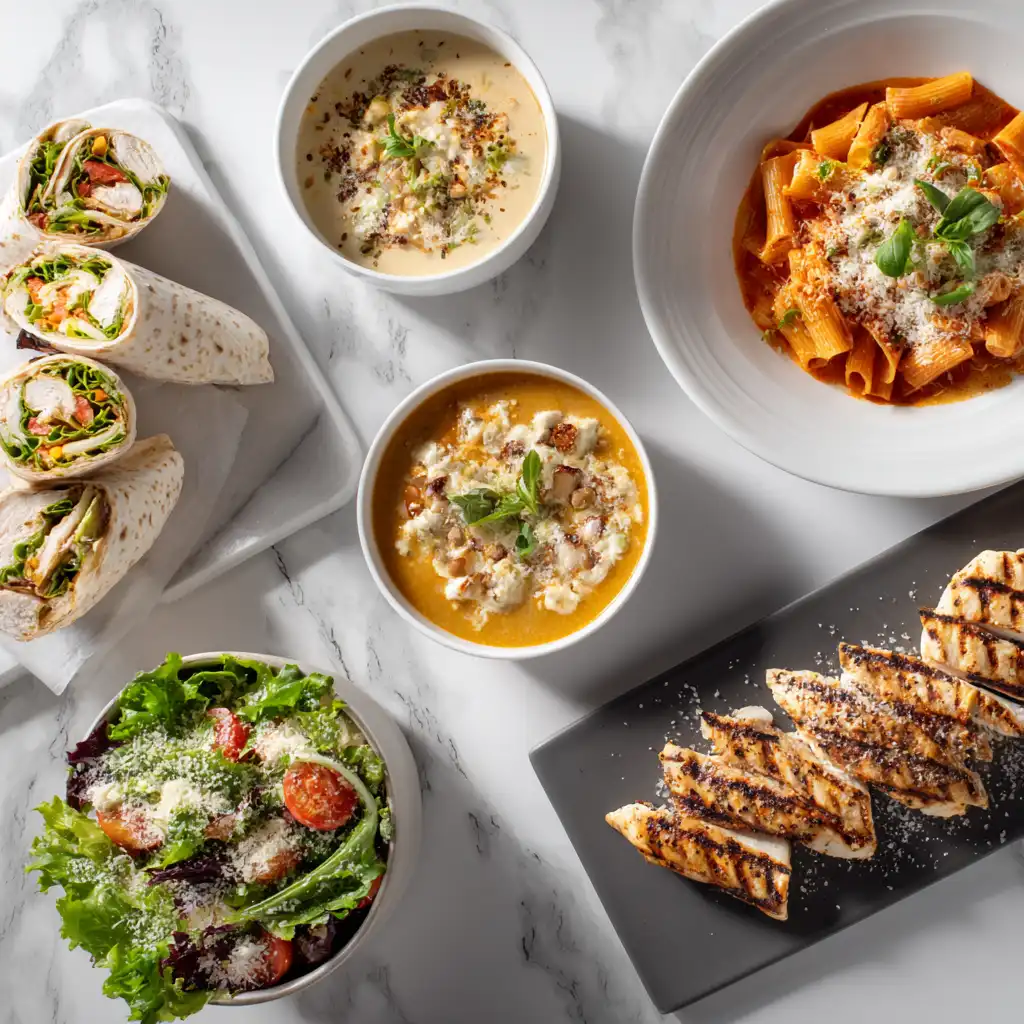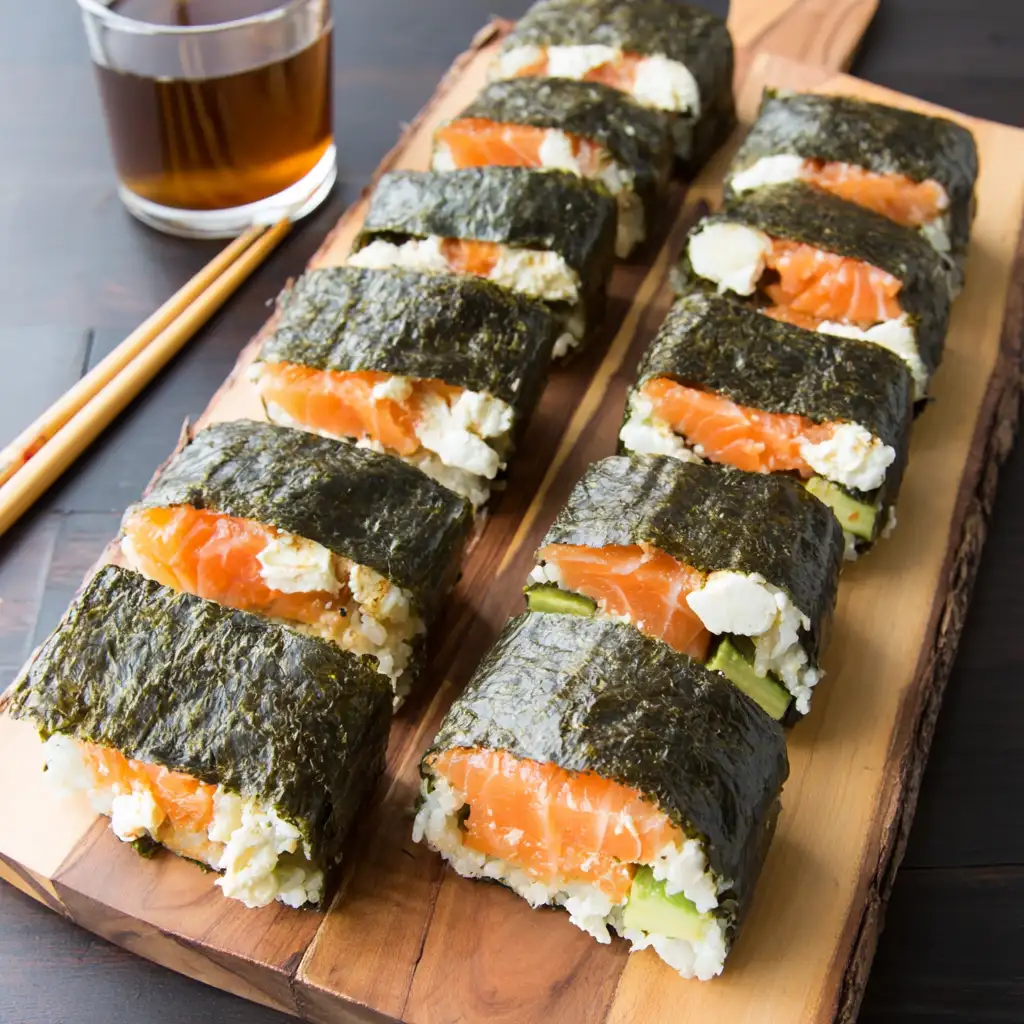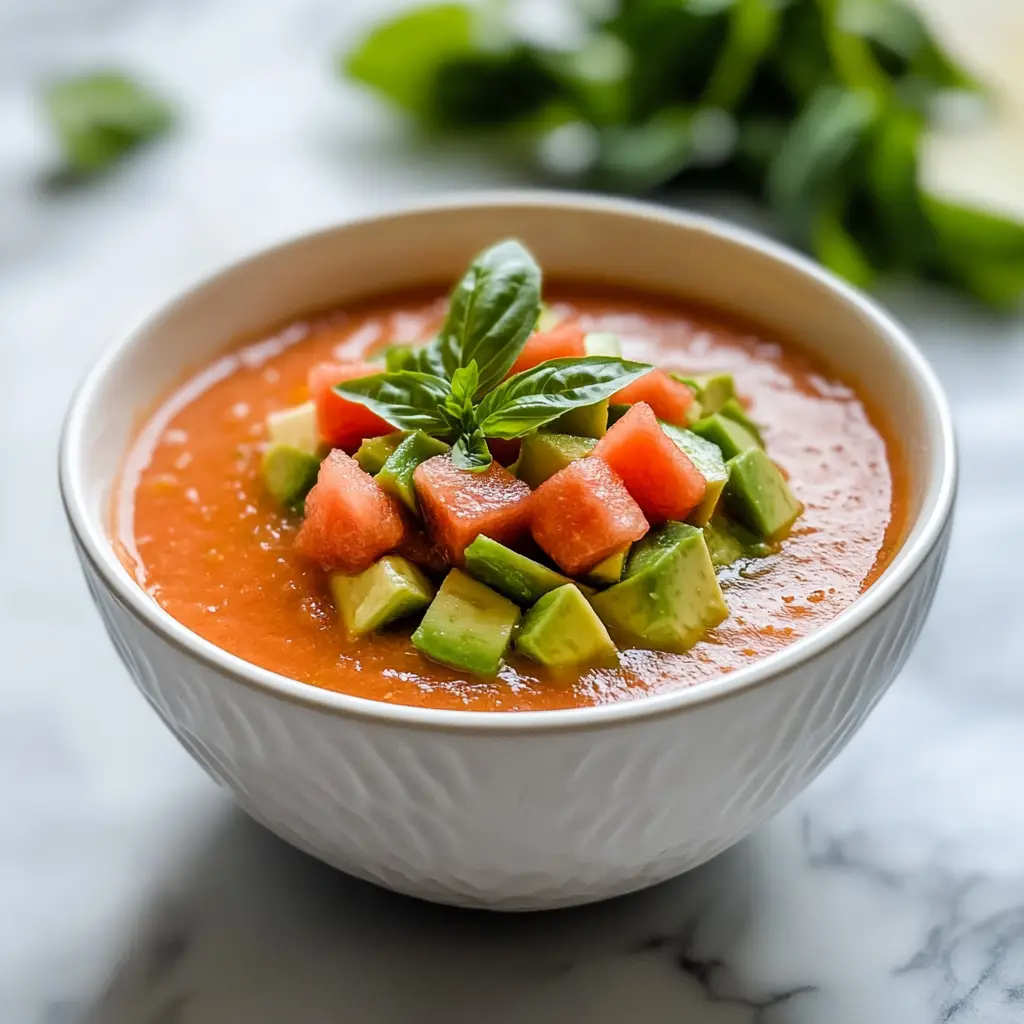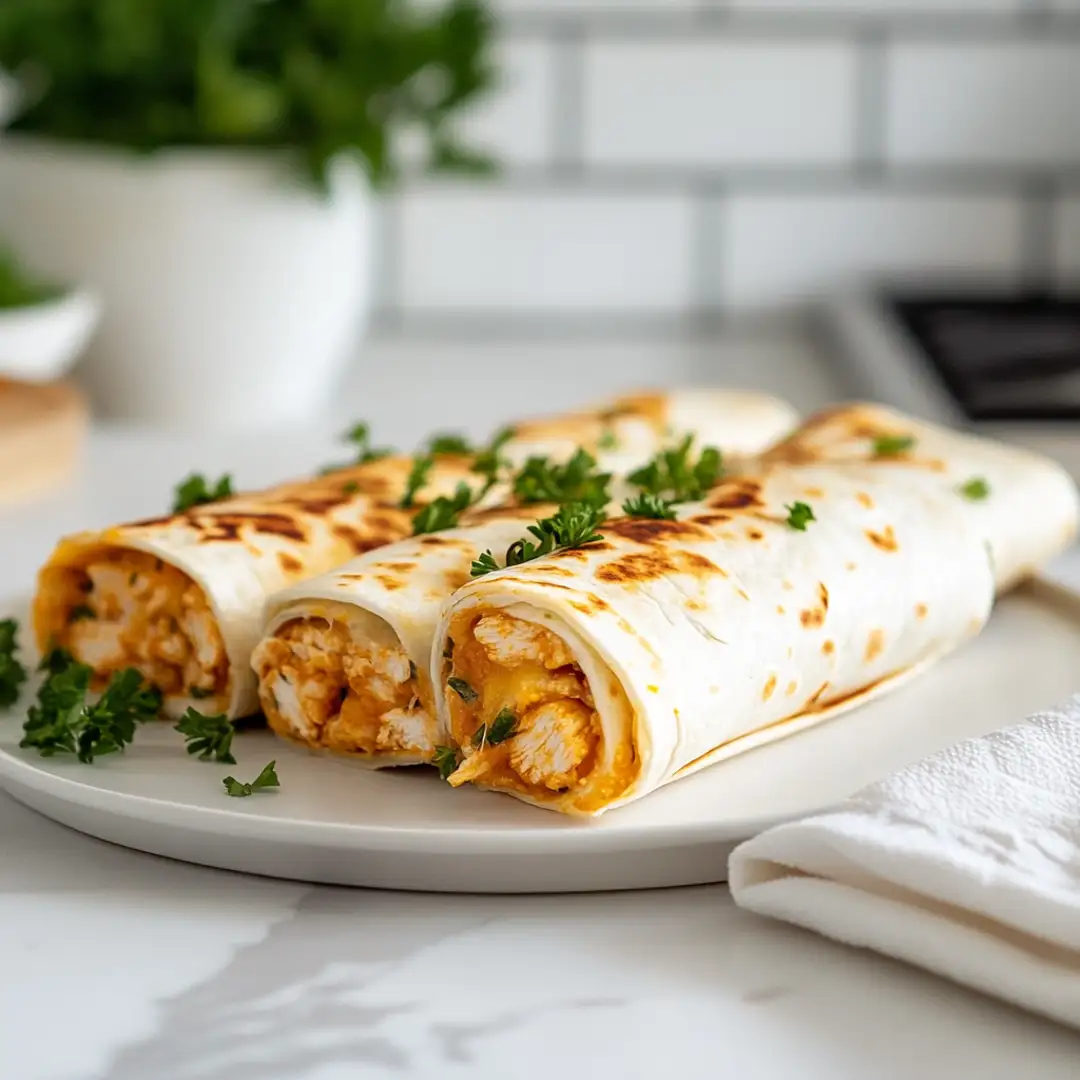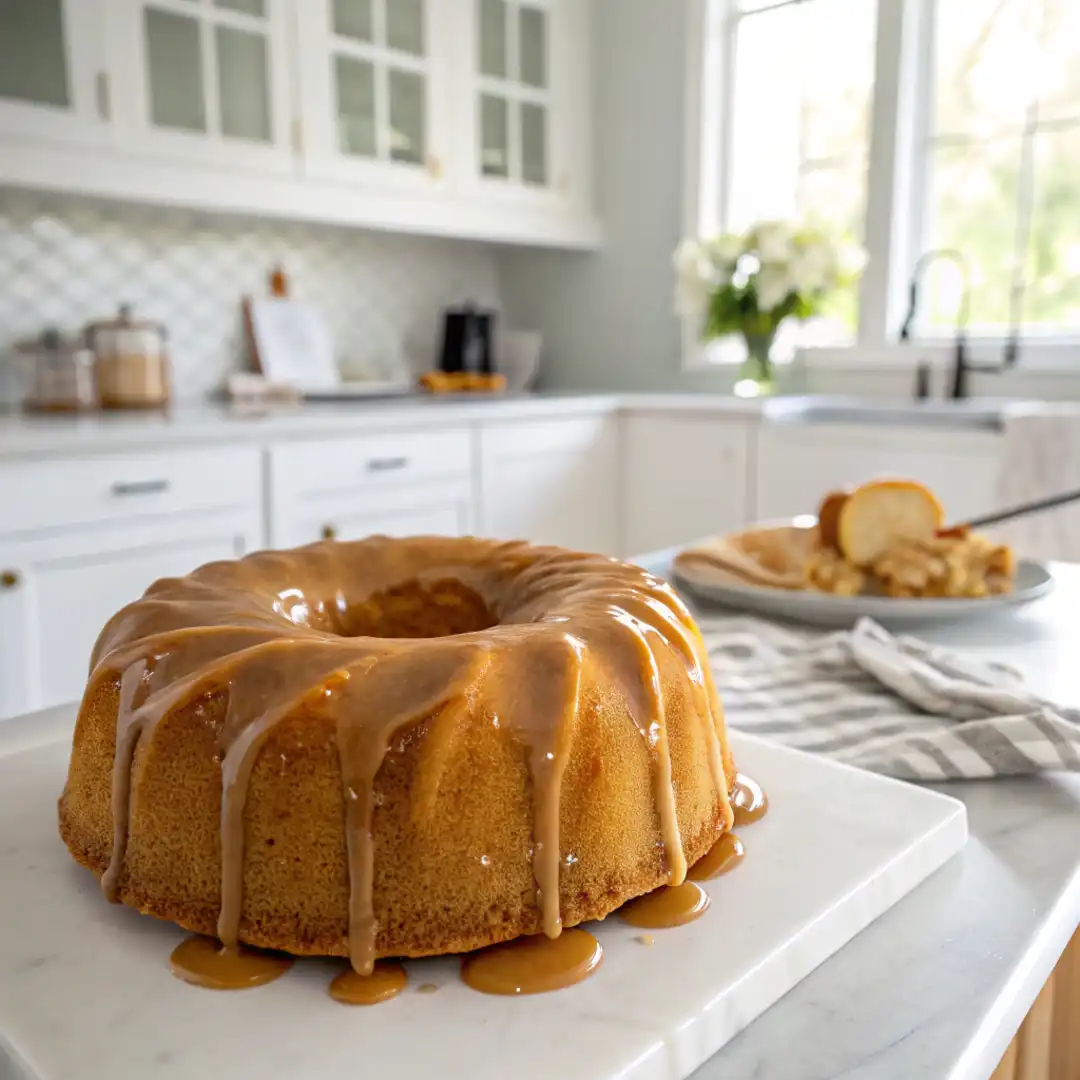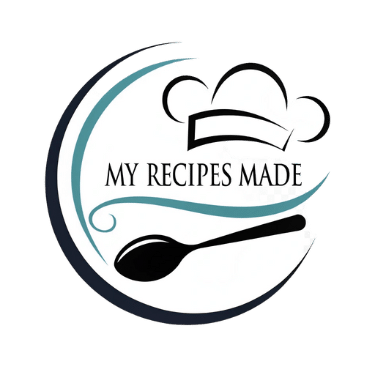Potatoes, a kitchen staple, hold a special place in the hearts of home cooks. From fries to mashed delights, their versatility knows no bounds. But when it comes to perfect roasted potatoes, the debate about whether or not to boil them first often divides opinions. This article dives deep into the benefits, drawbacks, and alternative methods of roasting potatoes to help you make an informed decision. Whether you’re a seasoned chef or a beginner, you’ll find practical tips and tricks to elevate your roasted potato game. Let’s explore!
Introduction:Why Is It Necessary to Boil Potatoes Before Roasting?
Roasted potatoes—crispy on the outside, fluffy on the inside—are a culinary favorite across the globe. But achieving this textural nirvana is no walk in the park. Many recipes swear by boiling potatoes before roasting, but is this step truly necessary, or can it be skipped altogether?
In this section, we’ll examine the essence of the boiling-before-roasting debate. You’ll learn why some cooks tout this method as a game-changer and why others consider it a hassle. By the end, you’ll understand the critical factors that influence the success of your roasted potatoes and set the stage for mastering this art.
The Potato Roasting Dilemma
Before you even grab a potato, you face the big question: should you boil potatoes before roasting them? Advocates of boiling point to faster cooking times and improved textures, while critics argue about nutrient loss and sogginess. This dilemma leaves many home cooks scratching their heads.
Why This Topic Matters
Potatoes might seem humble, but they’re a big deal when it comes to family dinners, Sunday roasts, and festive feasts. Getting them just right is about more than taste—it’s about technique. Whether you’re aiming for crispy golden edges or melt-in-your-mouth insides, understanding the science of boiling and roasting could make or break your recipe.
By the end of this article, you’ll have all the tools you need to create roasted potatoes worthy of a chef’s table—boiled or not. Ready to dig in? Let’s get started!
Benefits of Boiling Potatoes Before Roasting
When preparing roasted potatoes, one common step that can make all the difference is boiling them first. So, is it necessary to boil potatoes before roasting? While opinions differ, there are clear advantages to including this step in your recipe. Let’s dig into the benefits.

Reduced Cooking Time
Boiling potatoes before roasting can save precious time. By partially cooking them in water, you cut down on the oven time needed for your potatoes to cook through completely. This method is especially handy when you’re in a rush or preparing a multi-dish meal.
Pre-boiling ensures that the potatoes are already soft inside when they hit the oven, allowing you to focus on achieving that perfect golden crust. Without boiling, roasting from raw can take significantly longer, potentially delaying your dinner plans.
Improved Texture
Boiling potatoes helps break down their surface starch, leading to a tender and fluffy interior. When roasted, this creates an irresistible contrast between the crispy outer layer and the soft insides.
For best results, use high-starch varieties like Russets or Idaho potatoes. They’re more likely to produce that melt-in-your-mouth texture everyone loves in roasted potatoes. Avoid over-boiling, though, as this can lead to a mushy consistency that’s difficult to work with later.
Enhanced Flavor
Did you know that boiling potatoes in seasoned water can boost their taste? Add salt, herbs, or even a splash of chicken stock to the boiling water, and your potatoes will soak up the flavors.
This infused taste carries through during roasting, giving your potatoes a depth of flavor that plain roasting often lacks. So, if you’re aiming for restaurant-quality results, pre-boiling might be your best bet.
Drawbacks of Boiling Potatoes Before Roasting
While boiling potatoes before roasting offers notable benefits, it’s not without its downsides. Understanding these drawbacks can help you decide whether this step is right for your recipe.
Loss of Nutrients
One of the main criticisms of boiling is that it can leach out water-soluble nutrients like vitamin C and certain B vitamins. This happens because these nutrients dissolve in the boiling water, which is typically discarded.
If you’re health-conscious, consider saving the nutrient-rich water for soups or sauces. Alternatively, steaming may preserve more nutrients while still offering similar benefits to boiling.
Risk of Overcooking
Timing is everything when it comes to boiling potatoes. Overcooked potatoes can turn mushy, making them challenging to roast. This not only affects the texture but can also cause the potatoes to break apart when tossed with oil and seasoning.
To avoid this, boil the potatoes just until they’re fork-tender—typically 5–7 minutes, depending on size.
Challenges with Crispy Skin
For many, crispy skin is the hallmark of perfect roasted potatoes. However, pre-boiling can sometimes soften the potato’s exterior, making it harder to achieve that crunchy texture.
To counteract this, thoroughly dry the potatoes after boiling. Toss them with oil and roast at a high temperature, ideally around 425°F, to encourage browning and crisping.
Alternative Methods to Prepare Potatoes for Roasting
If boiling doesn’t suit your cooking style or time constraints, there are other effective ways to prepare potatoes before roasting. Each method has its perks, so you can pick one that matches your preferences and goals for the dish.
Parboiling: A Middle Ground
Parboiling is a gentler version of boiling, where potatoes are partially cooked before being roasted. Unlike full boiling, parboiling only softens the outer layer, making it easier to crisp up in the oven.
Here’s how to do it: boil the potatoes for 3–5 minutes, depending on their size, then drain and let them cool before roasting. This method retains most of the crisp-producing starch while shortening the roasting time.
Parboiling is a fantastic compromise if you want the benefits of boiling without risking mushiness. It also pairs wonderfully with high-starch potatoes like Russets, ensuring a fluffy interior.
Steaming: Preserving Nutrients and Flavor
For those concerned about nutrient loss during boiling, steaming is a fantastic alternative. Steaming potatoes retains more vitamins while still softening the interior for roasting.
Place potatoes in a steamer basket over boiling water for about 10–12 minutes. This gentle cooking method helps preserve their natural sweetness and structure, which translates into better texture during roasting.
Roasting From Raw: The No-Boil Approach
If you’re wondering, is it necessary to boil potatoes before roasting, the answer depends on your patience. Skipping boiling altogether and roasting raw potatoes takes more time but can still yield crispy, flavorful results.
To make this method work, slice the potatoes evenly to ensure they cook uniformly. Coat them with oil, season generously, and roast at a high temperature (around 425°F) for 45–60 minutes. Turn them occasionally for even browning.
For more inspiration, consider exploring this roasted potato recipe for additional techniques to achieve crispy exteriors and tender insides.
Step-by-Step Guide: Boiling and Roasting Potatoes
If you’re ready to try boiling potatoes before roasting, follow this simple step-by-step guide to nail the process every time. Whether you’re new to this technique or looking to refine your skills, these tips will help you get the perfect balance of crispiness and fluffiness.
Selecting the Right Potatoes
Not all potatoes are created equal. For roasting, high-starch potatoes like Russets or Idaho varieties are the gold standard. They crisp up beautifully on the outside while staying soft inside. Avoid waxy potatoes like Yukon Gold unless you prefer a firmer texture.
Boiling Process
- Step 1: Cut your potatoes into even pieces. This ensures uniform cooking.
- Step 2: Bring a pot of salted water to a boil. The salt enhances the flavor from the start.
- Step 3: Boil the potatoes for 5–7 minutes until fork-tender but not mushy.
- Step 4: Drain the potatoes and let them cool slightly. For extra crispy results, shake the drained potatoes in the pot to roughen their surfaces—this helps oil and seasonings adhere better.
Roasting Techniques
- Step 1: Preheat your oven to 425°F. High heat is crucial for crisping up the potatoes.
- Step 2: Toss the potatoes in a high-smoke-point oil (like avocado or grapeseed oil) and season to taste. Add garlic, rosemary, or paprika for extra flavor.
- Step 3: Spread the potatoes out on a baking sheet, leaving space between each piece to avoid steaming.
- Step 4: Roast for 20–30 minutes, flipping halfway through for even browning.
By mastering this process, you can confidently answer the question, is it necessary to boil potatoes before roasting, with a resounding yes for your next culinary adventure.
For more recipe ideas and tips, check out our Italian pasta recipes for a delicious side dish pairing.
Common Questions and Myths
The debate surrounding is it necessary to boil potatoes before roasting has sparked a lot of curiosity. Let’s tackle some of the most common questions and myths to clear up any confusion.
Why Do You Soak Potatoes Before Roasting?
Some recipes recommend soaking potatoes in water before roasting to remove excess starch. This step can help achieve a crispier exterior since starch can make the surface gummy during cooking.
However, soaking isn’t always necessary, especially if you plan to boil the potatoes. Boiling already removes a significant amount of starch, eliminating the need for soaking.
How to Make Perfect Roast Potatoes (Jamie Oliver Style)?
Jamie Oliver, a master of culinary tips, swears by boiling potatoes before roasting. His technique involves parboiling the potatoes, draining them, and roughening their surfaces to maximize crispiness.
Afterward, he roasts them with olive oil, garlic, and rosemary, ensuring a golden crust and a flavorful bite. This method answers the question is it necessary to boil potatoes before roasting with a practical and delicious solution.
Why Do My Roast Potatoes Not Go Crispy?
Crispiness issues often come down to two factors: moisture and overcrowding. If your potatoes aren’t thoroughly dried after boiling, the residual water can prevent them from crisping up.
Similarly, crowding the baking sheet causes steam to form, which softens the surface instead of crisping it. Always leave space between the potatoes for optimal results.
What Happens If You Don’t Boil Potatoes Before Baking?
Skipping the boiling step means your potatoes will take longer to cook, especially if they’re large. The outside may crisp up while the inside remains undercooked or unevenly cooked.
However, roasting raw potatoes can still work if you’re patient and use small, evenly sized pieces. For those who value efficiency, boiling first is often the better choice.
FAQs on Boiling and Roasting
Still curious about the finer details of boiling and roasting potatoes? Here are more frequently asked questions to deepen your understanding.
What Is the Best Type of Potato for Roasting?
High-starch potatoes, such as Russets and Idaho varieties, are the top choices for roasting. Their fluffiness inside and crispiness outside make them ideal for this cooking method. Avoid waxy potatoes, which tend to stay firm and may not crisp up as well.
Can You Boil and Roast Potatoes in Advance?
Yes, you can! Boil the potatoes, cool them quickly in ice water, and store them in the fridge until you’re ready to roast. This is a great option for meal prepping or holiday cooking.
When it’s time to roast, toss them in oil and seasonings, then roast at high heat for a freshly crisp finish.
Does Boiling Work for Other Root Vegetables?
Absolutely! Boiling can enhance the roasting process for other root vegetables like carrots, parsnips, and sweet potatoes. The same principles apply: pre-cooking reduces roasting time and ensures even texture.
Is Boiling a Common Practice in Professional Kitchens?
Yes, many professional chefs swear by boiling—or at least parboiling—potatoes before roasting. This step ensures consistency, crispiness, and a reliable cooking process, especially when serving large quantities.
By addressing these common questions, you’re now equipped to decide whether boiling fits into your cooking routine. Ultimately, the answer to is it necessary to boil potatoes before roasting lies in your preferred style and priorities.
Conclusion: The Final Verdict on Boiling Before Roasting
After exploring the benefits, drawbacks, and alternative methods, the answer to is it necessary to boil potatoes before roasting largely depends on your priorities. Whether you’re after efficiency, texture, or flavor, the method you choose should align with your desired outcome.
Boiling offers distinct advantages like reduced cooking time, a fluffy interior, and the potential for enhanced flavor. However, it’s not without its downsides, including possible nutrient loss and the challenge of maintaining crispy skin. On the other hand, skipping boiling or trying alternatives like parboiling or steaming can work just as well when properly executed.
Ultimately, there’s no one-size-fits-all approach. If you’re preparing potatoes for a special meal or aiming for restaurant-quality results, boiling is worth the extra step. For quick weeknight dinners, roasting from raw might save you time while still delivering delicious results.
In the end, the decision to boil comes down to personal preference and the time you’re willing to invest. Whichever method you choose, focus on proper seasoning, high roasting temperatures, and even spacing to ensure every bite is as delightful as the last.

Wrapping It Up with Tips for Perfect Potatoes
Mastering roasted potatoes doesn’t have to be complicated. With the right approach and a few expert tips, you can confidently answer the question is it necessary to boil potatoes before roasting and enjoy consistently delicious results.
Bonus Tips for Flawless Roasted Potatoes
- Dry Your Potatoes Thoroughly: Whether boiled or not, dry your potatoes before roasting to avoid sogginess. A dry surface helps the oil cling better, leading to crispier skin.
- Use a High-Heat Oil: Opt for oils with a high smoke point, like avocado or grapeseed oil, to prevent burning and ensure even browning.
- Don’t Crowd the Pan: Overcrowding traps steam, making your potatoes soft instead of crispy. Always leave space between pieces.
- Experiment with Seasonings: While salt and pepper are classics, try garlic, rosemary, paprika, or even Parmesan cheese for added flavor.
Final Thought
Cooking is as much about experimenting as it is about following recipes. If you’re new to boiling before roasting, try it out and see how it compares to your usual method. You might find that the extra step transforms your potatoes into a crispy, golden masterpiece.
For more inspiration and delicious recipes, explore this helpful guide on side dishes that pair wonderfully with roasted potatoes.
